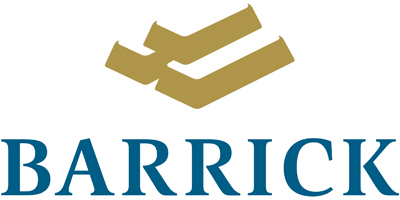Barrick Announces Inaugural Members of Corporate Social Responsibility Advisory Board
Mar 2, 2012 4:00 PM ET
(3BL Media/ theCSRfeed) Toronto - March 2, 2012 - Barrick Gold Corporation is pleased to announce it has established a Corporate Social Responsibility (CSR) Advisory Board and named five distinguished individuals to serve as inaugural members. The Advisory Board will provide external advice and guidance to Barrick management on the Company’s global CSR performance and evolving best practices in CSR.
Inaugural members of the CSR Advisory Board are:- Aron Cramer, President and CEO of Business for Social Responsibility and a globally-recognized authority on CSR
- Elizabeth Dowdeswell, President and CEO, Council of Canadian Academies and former Executive Director of the United Nations Environment Program
- Robert Fowler, diplomat and senior foreign policy advisor to three Canadian Prime Ministers and Canada’s longest serving Ambassador to the United Nations
- Ed Liebow, Director of the Battelle Memorial Institute’s Seattle-based Center for Public Health Research and Evaluation
- Gare Smith, senior partner at Foley Hoag LLP and former Principal Deputy Assistant Secretary in the U.S. State Department’s Bureau of Democracy, Human Rights and Labor
Barrick Gold Corporation is a Toronto-based gold mining company and industry leader, with a portfolio of 26 operating mines, and projects on five continents. Barrick trades on the Toronto and New York Stock Exchanges and employs 25,000 people worldwide. The company has been ranked as a world leader in social and environmental responsibility for the fourth consecutive year by the Dow Jones Sustainability Index. Barrick is also listed on the NASDAQ Global Sustainability Index of the top 100 companies. Learn more about Barrick’s social, environmental, safety and economic development programs at www.BarrickBeyondBorders.com. You can also follow Barrick on Twitter and Barrick on Facebook.

